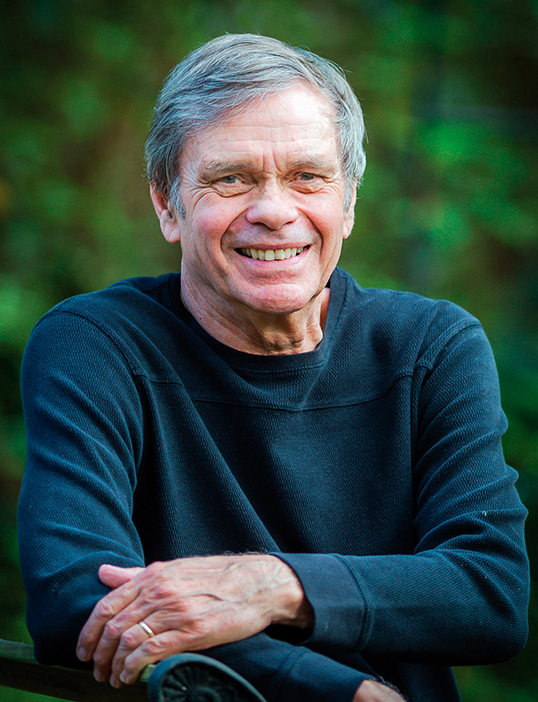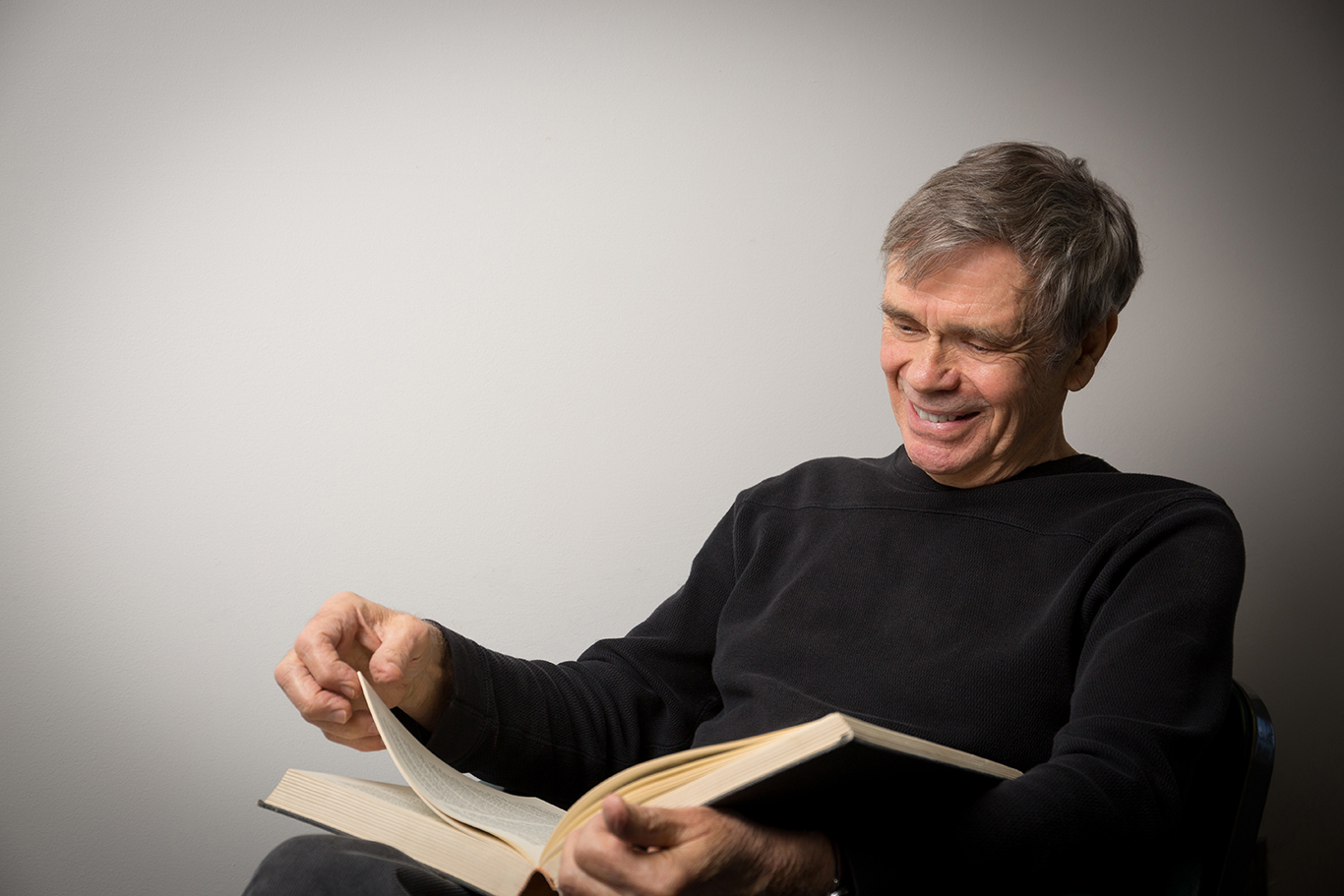Blue-Collar Scholar
English Professor Sidney Homan never imagined his blue-collar childhood in South Philadelphia would lead to his career as a Shakespearean scholar. Until fate – in the form of his mother — intervened and secured him an interview at Princeton, Homan expected to follow in his father’s footsteps. “My father worked hard installing phones for a living. I grew up thinking ‘work’ meant you produced something tangible,” says Homan, a UF faculty member since 1972 and the 2015 SEC Professor of the Year.
Using pragmatism as his foundation for scholarship, Homan fuses theory with practice. “I challenge my students to think about the real world,” he says. “Where can they apply the lessons they’ve learned from Shakespeare?”
Also, as a performer, Homan says his inclination to study English and theater — and Shakespeare, in particular — felt natural. “I knew this was what I wanted to spend my life doing, so why not study the best there was?” Homan believes that Shakespeare’s centuries-long staying power goes beyond the flow of the language, as his plays present audience members with unconventional situations. “In Elizabethan England, there were no interracial couples, there was no defying your parents to break a marriage contract, but Shakespeare asked his audience to imagine those things. More than imagine them, he asked his audience to empathize with them, see things differently.”

“At the end of my day, I provide students with the opportunity to develop confidence and become empowered.”
In his scholarly work, Homan has written widely on playwrights and adapted diverse works such as Dylan Thomas’ poetry to Machiavelli’s comedy The Mandrake to slave diaries. His pedagogy centers on the students. “I believe that everyone with a higher degree has an obligation to people who want to learn. My course isn’t about Shakespeare, or Aristotle, or Samuel Beckett. It’s about how a student receives Aristotle. How can a student make him useful?” To that end, Homan puts on productions with his students. He is the director, but emphasizes that on the set their work is peer-oriented. “All my students are welcome and encouraged to provide feedback or analyze scenes. That’s what I produce. At the end of my day, I provide students with the opportunity to develop confidence and become empowered.”
To support the people, program, or research featured in this story, please visit
